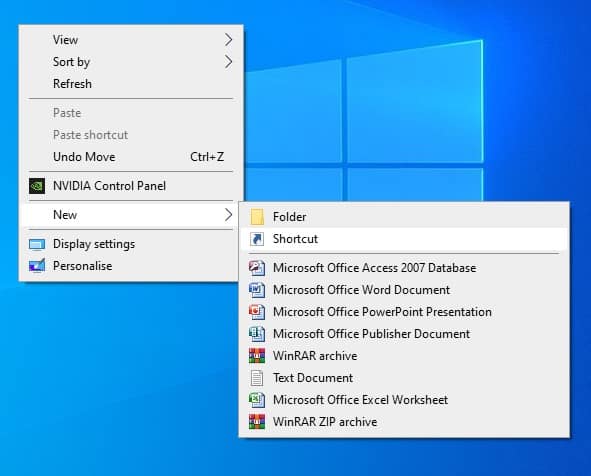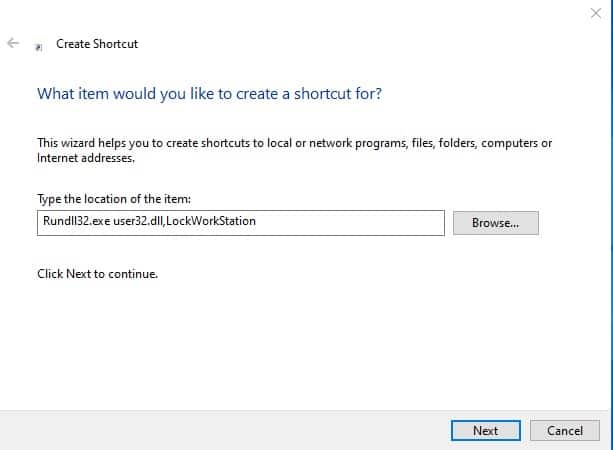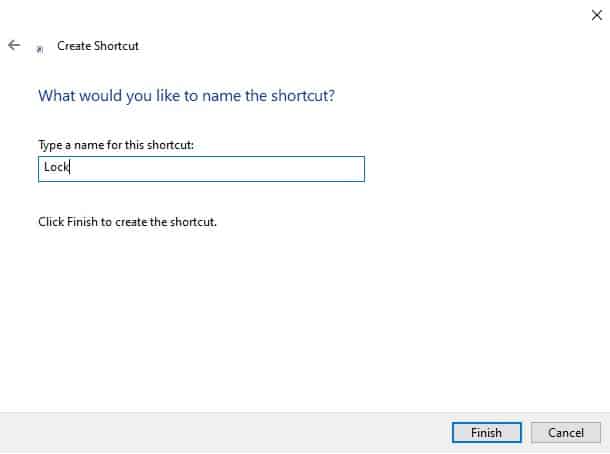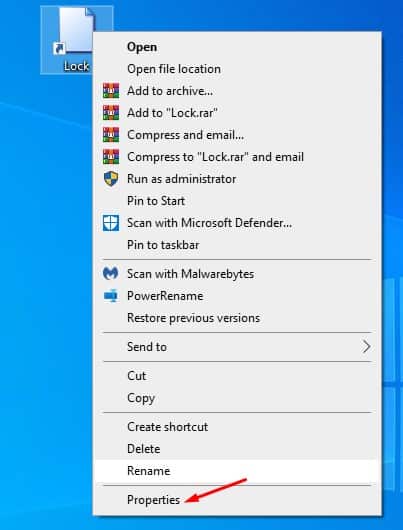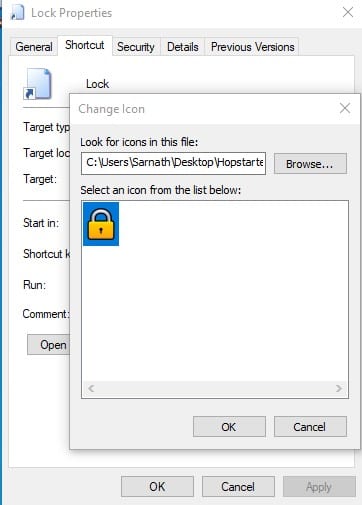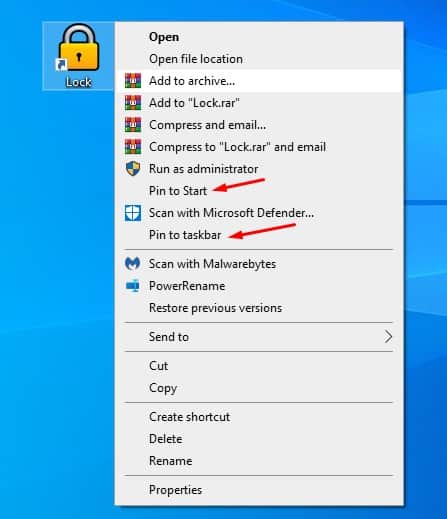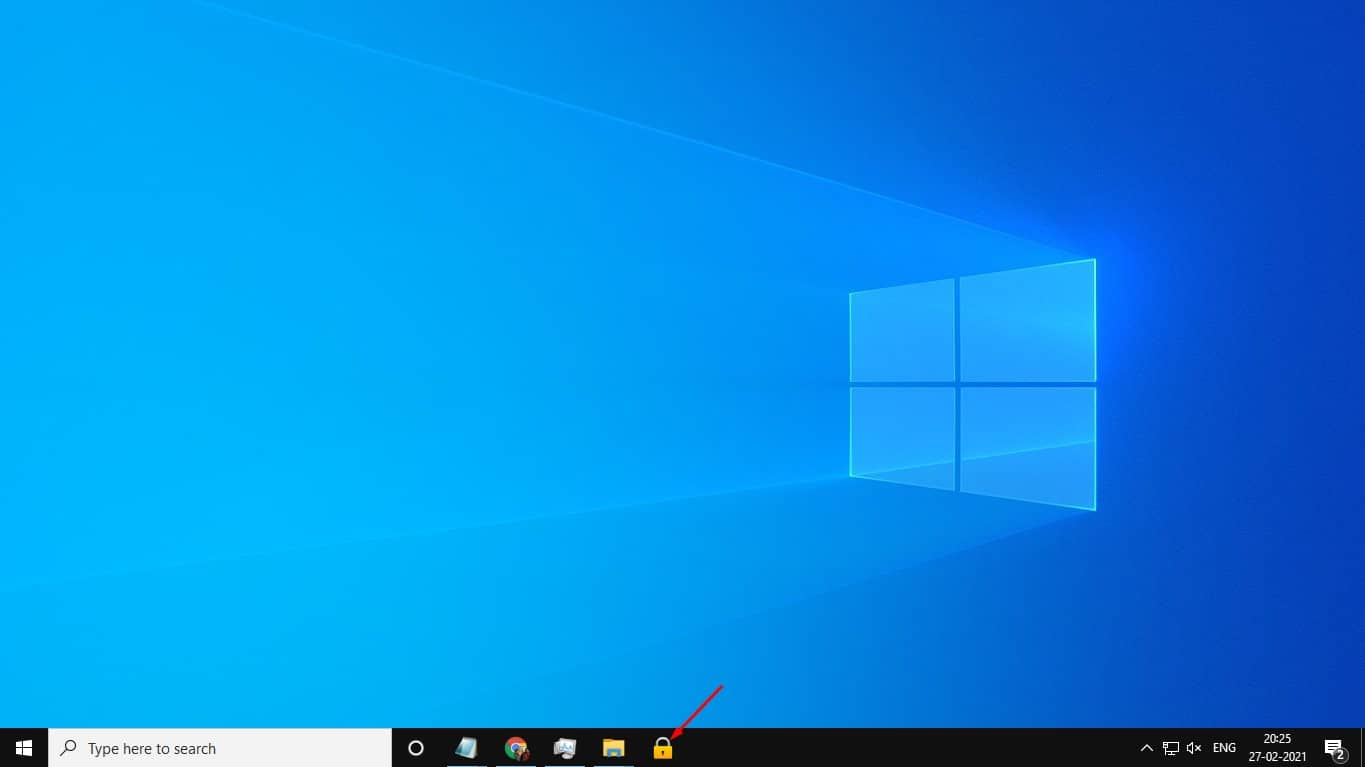The lock feature of Windows 10 takes you to the Lock Screen, where you need to type in your PIN or password to reaccess the computer. There are plenty of ways to lock a Windows 10 computer. You can do it from the Start menu, use the CTRL+ALT+Delete Keyboard combination, or else you can press the Windows Key + L button. Although Windows 10 can be locked in numerous ways, users still search for an easier way to lock down their computer. In this article, we will share the best and easy method to lock your Windows 10 pc. Also Read: How to Change the Taskbar Color in Windows 10 PC
Steps to Add Lock Option to the Taskbar in Windows 10
The tutorial will show you how to add the Lock shortcut to the Start menu and the taskbar in Windows 10. With the shortcut, you don’t need to use the Start button or any keyboard shortcut to lock down your PC. All you need to do is click on the locked shortcut placed on the Taskbar to lock your Windows 10 computer. So, let’s check out. Step 1. First of all, right-click anywhere on your desktop and select New > Shortcut.
Step 2. On the “Type the location of the item” field, enter the path – Rundll32.exe user32.dll,LockWorkStation
Step 3. Once done, click on the ‘Next‘ button. Step 4. Now in the ‘Type a name for this shortcut’ field, enter ‘Lock’ and click on the ‘Finish‘ button.
Step 5. Now you will find a Lock Shortcut icon on the desktop. Right-click on it, and select ‘Properties‘
Step 6. Click on the ‘Change icon’ button and browse the icon that resembles the lock option best for you.
Step 7. Once done, right-click on the shortcut file, and select ‘Pin to taskbar’ or ‘Pin to Start’
Step 8. Now, whenever you want to lock your PC, click on the Taskbar lock icon.
That’s it! You are done. This is how you can add the lock option to the Start menu and Taskbar in Windows 10. This article is all about adding a lock option to the Taskbar in Windows 10 computer. I hope this article helped you! Please share it with your friends also. If you have any doubts related to this, let us know in the comment box below.
